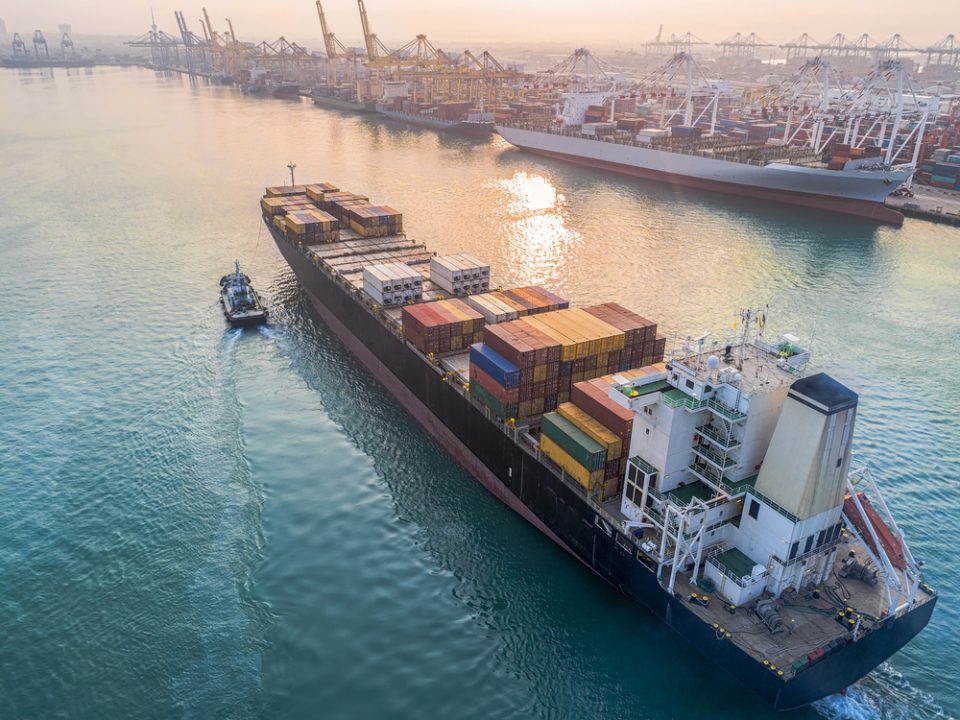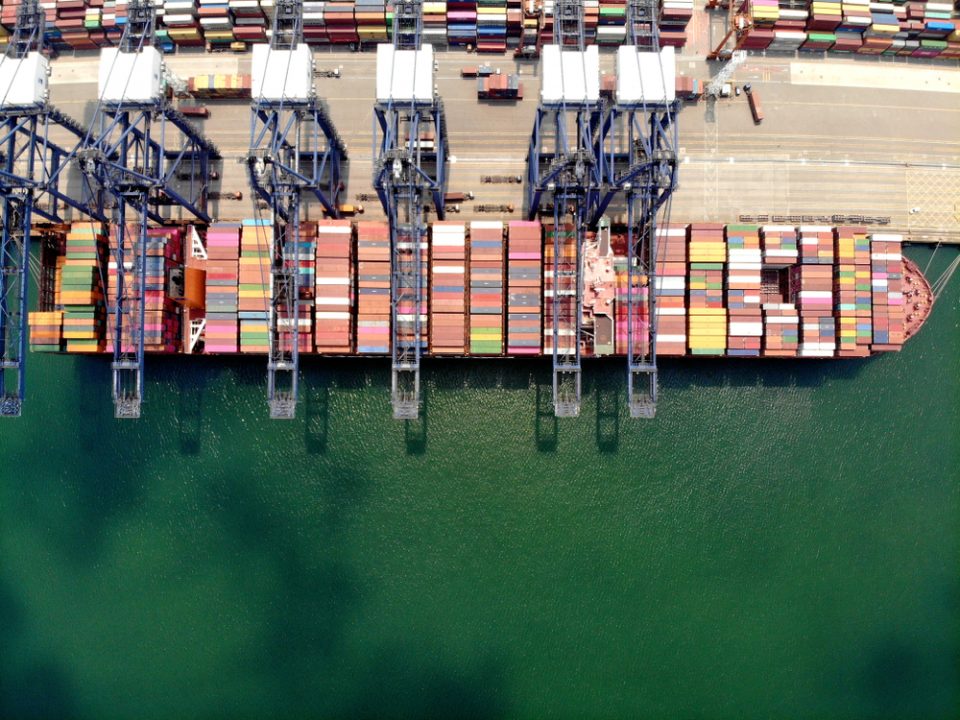
Avoid These Mistakes When Prepping Air Freight
July 14, 2020
How Freight Forwarders Make Importing Easier
September 15, 2020There is a lot that goes into international and domestic freight forwarding. First and foremost, the paperwork necessary to correctly ship imports and exports can be daunting to companies that are beginning international shipping strategies. Bruning International helps businesses throughout America handle forms like their Bill of Lading. Understanding your Bill of Lading form is paramount to freight forwarding. There are three main parties that are mentioned in a Bill of Lading: shippers, carriers, and consignees.
What Is a Bill of Lading
A Bill of Lading or BOL form is a legal document. The BOL contains information about the shipment, where it is going, the quantity of cargo, and the make up of the cargo. It is considered by many to be the most important form in freight forwarding. There are three main parties listed in a BOL including the shippers the carriers and the consignees.
The Shipper
The shipper can refer to a few different individuals. The shipper is the person or group that is responsible for packing and preparing the shipment. For an import, the shipper is likely the company that is going to ship goods to your location. Many people new to freight forwarding will confuse the shipper with the carrier. It is important to remember that the shipper has the responsibility for packaging and prepping the freight but not the responsibility of transporting the freight. For exports, it is likely that your company is the shipper.
The Carrier
The carrier on the other hand has the responsibility to move the cargo towards its destination. Ocean freight and air freight are two carrying methods that have a variety of potential carriers that you can work with. An example of a carrier would be UPS or FedEx. The shipper passes the goods on to the carrier. The carrier is then responsible for the goods until they are exchanged with a third party.
The Consignee
The term “consignee” is likely the least intuitive of the three parties mentioned in the BOL. Simply put the consignee is the recipient of the goods. The consignee is not always responsible for paying the carrier. In some cases, the shipper will pay the carrier and in other cases, the consignee will pay the carrier.
Understanding The Bill of Lading
With these three parties identified in the Bill of Lading document, your BOL will hold the parties accountable throughout the freight forwarding process at the appropriate times. A BOL documents the agreement between the three parties in regard to their individual obligations. It determines who will own the property at the end of the shipping process and acts as a contract between the parties.
Get Help With Freight Forwarding
Bruning International serves businesses throughout America with our freight forwarding service. We handle everything from customers, to packaging, to BOL documents. Contact us for more information on our services.





